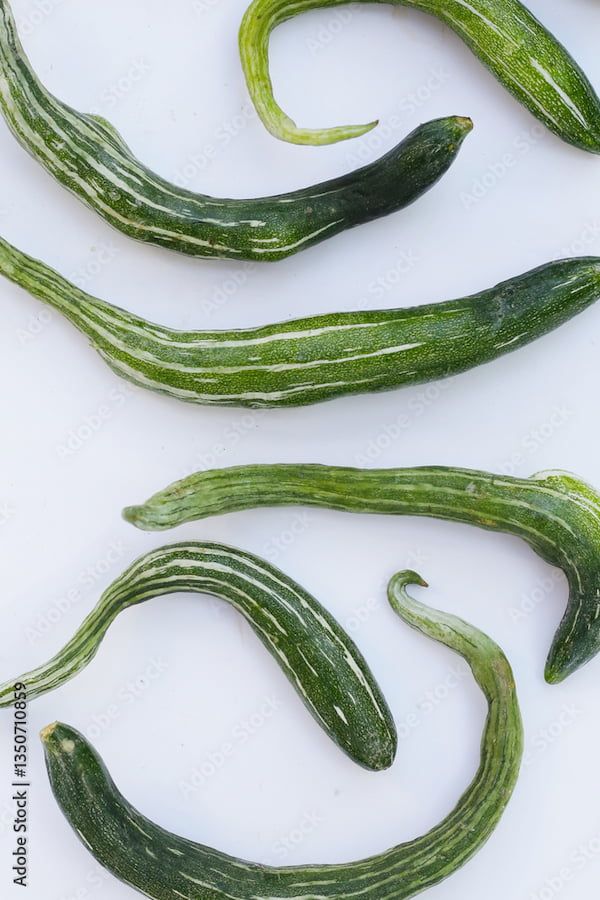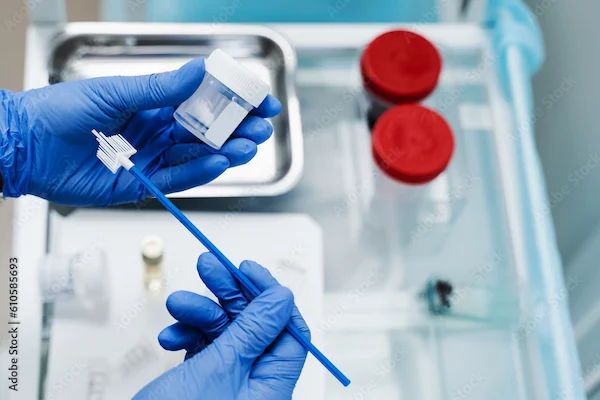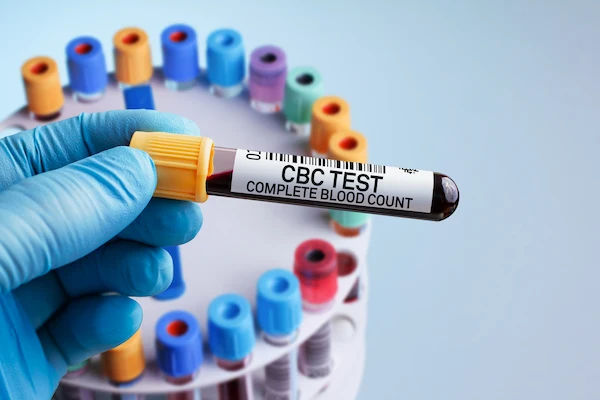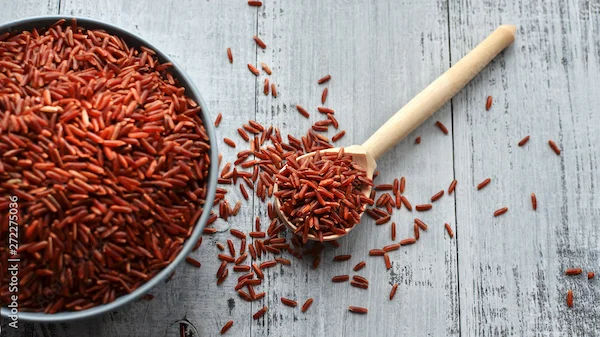Foods to Avoid When You Have Anaemia
Discover which foods can interfere with iron absorption and worsen anaemia. Learn what to avoid and how to improve your diet for better iron levels and energy.

Written by
Last updated on 28th Jul, 2025
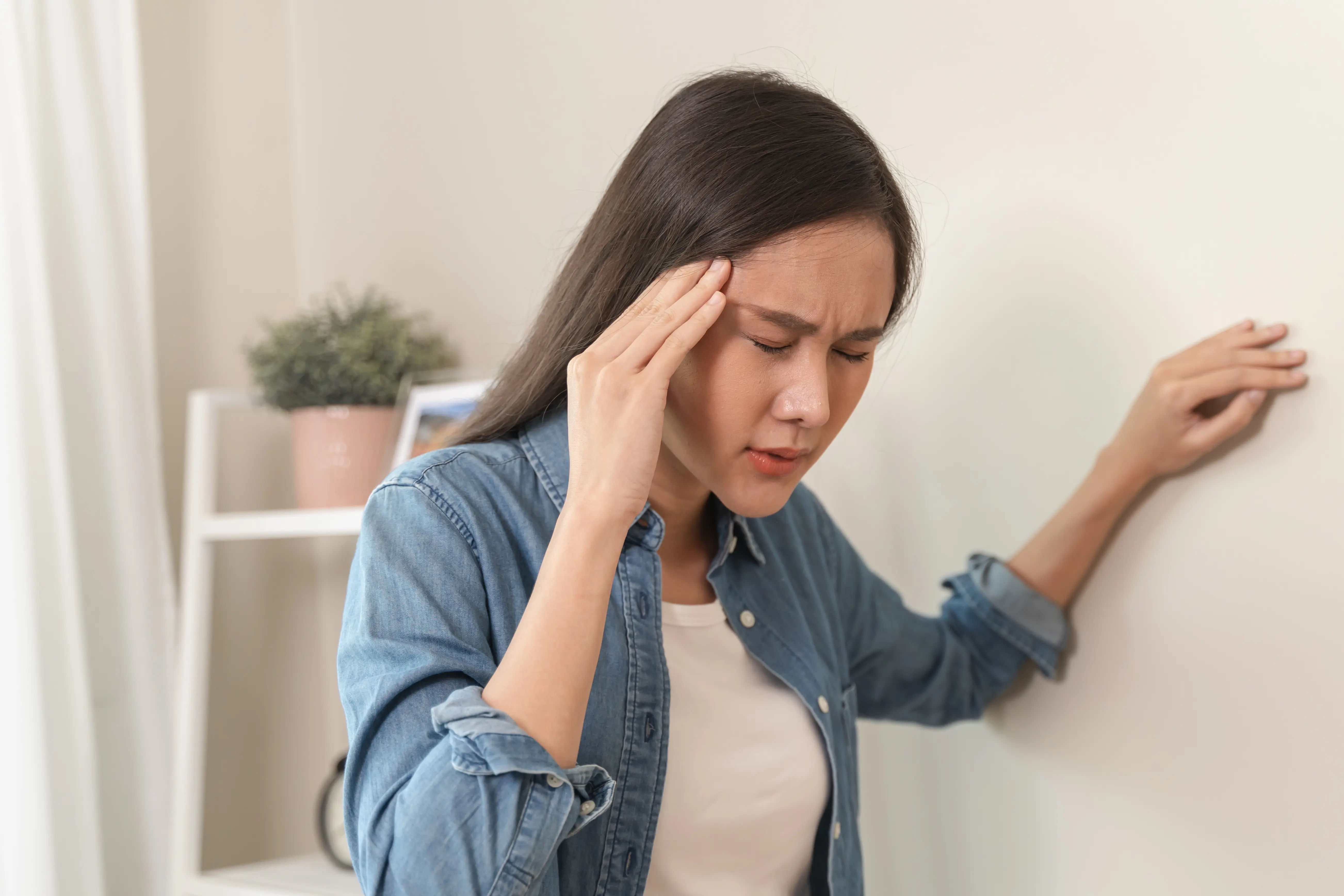
Anaemia is a common health condition where your body doesn’t have enough healthy red blood cells to carry oxygen to your tissues. This can leave you feeling tired, weak, and short of breath. While eating iron-rich foods is essential for managing anaemia, it’s equally important to know which foods can interfere with iron absorption and worsen your condition.
In this article, we’ll discuss the foods you should avoid if you have anaemia and provide helpful tips to improve your iron levels naturally.
Understanding Anaemia and Iron Absorption
Anaemia can occur due to various reasons, including:
- Iron deficiency (most common)
- Vitamin B12 or folate deficiency
- Chronic diseases
Blood loss
Iron is a key nutrient needed to produce haemoglobin, the protein in red blood cells that carries oxygen. However, certain foods and drinks can block iron absorption, making anaemia worse.
Foods to Avoid When You Have Anaemia
Here are some foods to avoid when you have anaemia:
1. Tea and Coffee
Both tea (especially black and green tea) and coffee contain tannins, compounds that bind to iron in food and prevent its absorption.
Tip: Avoid drinking tea or coffee 1-2 hours before or after meals to maximise iron absorption.
2. Dairy Products (Calcium-Rich Foods)
- Calcium (found in milk, cheese, yoghurt) competes with iron for absorption in the gut. While calcium is important for bones, consuming too much with iron-rich meals can reduce iron uptake.
- Tip: Have dairy products separately from iron-rich meals (e.g., avoid drinking milk with an iron-fortified breakfast).
Consult Top Ayurvedic Practitioner
3. Whole Grains and Legumes (Phytates)
Foods like whole wheat, brown rice, beans, and lentils contain phytates, which can inhibit iron absorption. While these foods are healthy, they should be consumed wisely if you have anaemia.
Tip: Soaking, sprouting, or fermenting grains and legumes can reduce phytate levels and improve iron absorption.
4. Processed and Junk Foods
Highly processed foods (like chips, sugary snacks, and fast food) lack essential nutrients and can worsen anaemia by replacing iron-rich foods in your diet.
Tip: Opt for whole, nutrient-dense foods like leafy greens, lean meats, and fortified cereals.
5. Chocolate and Cocoa
Chocolate contains oxalates, which can bind to iron and reduce its absorption. While dark chocolate has health benefits, it’s best consumed in moderation if you have anaemia.
6. Alcohol
Excessive alcohol can damage the stomach lining, reducing iron absorption and leading to deficiencies over time.
Tip: Limit alcohol intake and avoid drinking with meals.
7. Foods High in Oxalates
Spinach, beet greens, and nuts (like almonds) contain oxalates, which can interfere with iron absorption. While these foods are nutritious, they shouldn’t be your only iron source.
Tip: Pair oxalate-rich foods with vitamin C (like lemon juice or oranges) to enhance iron absorption.
What Should You Eat Instead?
To boost iron levels, focus on:
- Heme iron sources (better absorbed): Red meat, poultry, fish, eggs.
- Non-heme iron sources: Beans, lentils, tofu, fortified cereals (pair with vitamin C for better absorption).
- Vitamin C-rich foods: Oranges, bell peppers, strawberries, tomatoes (help increase iron absorption).
Lifestyle Tips for Managing Anaemia
1. Get tested: If you suspect anaemia, consult a doctor for a blood test (Hb, ferritin levels).
2. Cook in iron pots: Cooking acidic foods (like tomato sauce) in cast-iron pans can increase iron content.
3. Avoid calcium supplements with meals: Take them at a different time than iron supplements.
4. Stay hydrated: Helps maintain healthy blood volume.
When to See a Doctor?
If you experience:
- Extreme fatigue
- Pale skin
- Shortness of breath
- Dizziness
It’s important to get a proper diagnosis and treatment. Apollo 24|7 offers easy blood tests and consultations with specialists to help manage anaemia effectively.
Book a test or consult a doctor today for personalised advice!
Conclusion
Managing anaemia involves not just eating iron-rich foods but also avoiding those that block absorption. By making smart dietary choices and following medical advice, you can improve your iron levels and feel more energetic.
Consult Top Ayurvedic Practitioner
Consult Top Ayurvedic Practitioner

Dr. Khanisri Singapanga
Ayurveda Practitioner
14 Years • BAMS, MD Ayurveda
Hyderabad
AyushNidhi Ayurvedic Hospital Panchakarma - Piles -Infertility Center, Hyderabad
(25+ Patients)

Dr. Vinay Bansal
Ayurveda Practitioner
28 Years • BAMS, MD(AM)
Ajit Singh Nagar
Chronic disease treatment with Ayurveda Panchkarma, Ajit Singh Nagar

Dr Sankha Subhro Ghosh
Ayurveda Practitioner
10 Years • BAMS, MD Ayurveda-Kriya Shareera
Kolkata
Brahma Ayurveda (Ayurvedic Consortium), Kolkata

Dr. Asique Perwaiz
Andrology
7 Years • BUMS, Unani , Sexologist, Ayurvedic Medicine
Kolkata
MS Haque Clinic, Kolkata

Dr. Veronica Jajal
Ayurveda Practitioner
21 Years • BAMS
Bengaluru
Disha Polyclinic, Bengaluru
Consult Top Ayurvedic Practitioner

Dr. Khanisri Singapanga
Ayurveda Practitioner
14 Years • BAMS, MD Ayurveda
Hyderabad
AyushNidhi Ayurvedic Hospital Panchakarma - Piles -Infertility Center, Hyderabad
(25+ Patients)

Dr. Vinay Bansal
Ayurveda Practitioner
28 Years • BAMS, MD(AM)
Ajit Singh Nagar
Chronic disease treatment with Ayurveda Panchkarma, Ajit Singh Nagar

Dr Sankha Subhro Ghosh
Ayurveda Practitioner
10 Years • BAMS, MD Ayurveda-Kriya Shareera
Kolkata
Brahma Ayurveda (Ayurvedic Consortium), Kolkata

Dr. Asique Perwaiz
Andrology
7 Years • BUMS, Unani , Sexologist, Ayurvedic Medicine
Kolkata
MS Haque Clinic, Kolkata

Dr. Veronica Jajal
Ayurveda Practitioner
21 Years • BAMS
Bengaluru
Disha Polyclinic, Bengaluru
